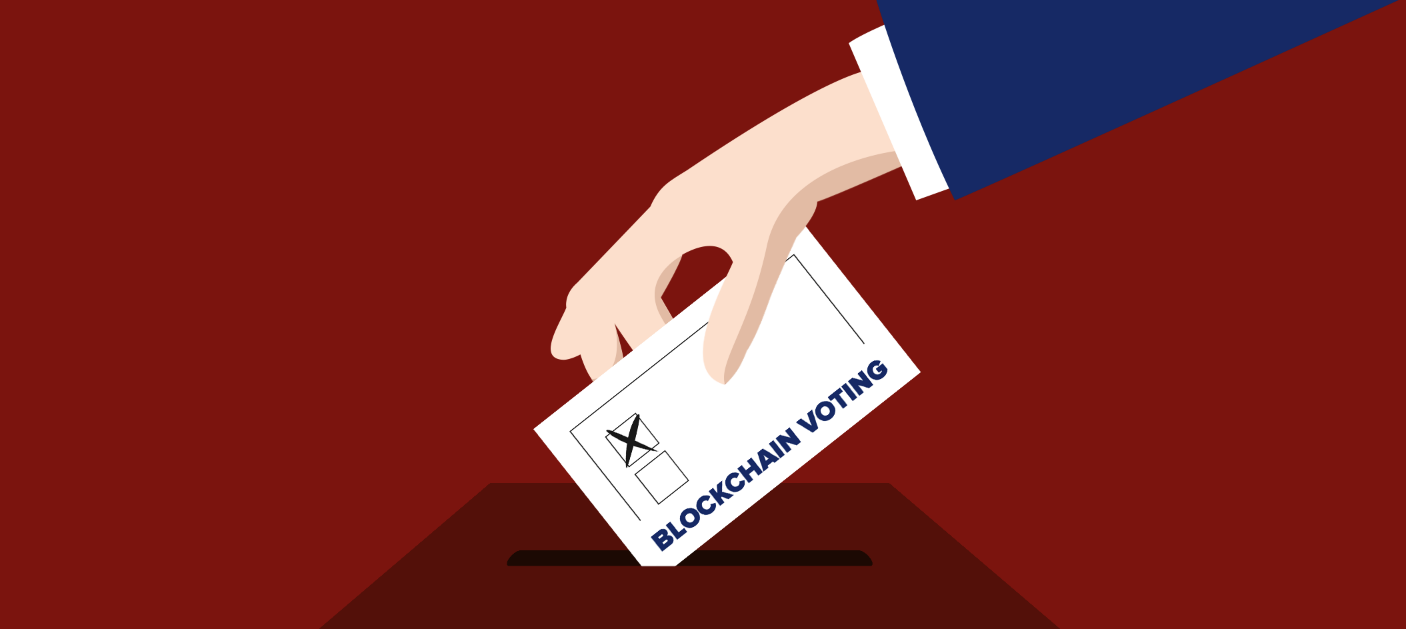
Fairness & Accountability
Across the modern world, Democratic governments place the control of their countries in citizens hands. In recent years however, a disquiet has been growing in many nations. Allegations of fraud and voter suppression have begun receiving exposure, due to the greater social connection the modern age has afforded us.

Even in cases where fraud is not outwardly evident, the process of voting is often so convoluted, that hefty percentages of a country may not turn out to vote at all. In the USA, it is becoming increasingly common for people to wait in line for hours on end, only to be turned away at the booth for technical reasons. Common grounds include that ballots have run out, a voter has been dropped from the voter registry, or that their party affiliation has mysteriously been changed without their knowledge.
Additionally, the qualifications to volunteer at a voting center are conspicuously low bar. Cities are often so understaffed, that anyone who volunteers is placed in a position of management. In some states, volunteers are asked to keep voting machines, ballot boxes, and even the ballots themselves at their homes in the days leading up to an election. Such uninhibited access to the systems by which a nation chooses its leaders is dangerous, and leaves the process open to corruption and fraud at every level.
Would it be possible to overcome such a catastrophically problematic system by building a new foundation for democracy on top of the blockchain?
Blockchain to the Rescue
There are numerous benefits to utilizing Blockchain technology within a voting platform. The Blockchain could allow for voting to go digital, meaning that citizens would be able to cast their votes anywhere, any time. Day or night, any day of the week, at work, at school, or even without leaving their homes. Election day could become election week, or election month, if the need to organize polling locations and volunteers were nullified.

How Would it Work?:
A new voter would merely register in a similar way to how they do at present. In addition to a voter ID, they would also receive an authorization code, which could be input into a voting application on their phone or online. Once authorized, a wallet would be generated for them, and its address whitelisted within the voting database. Tokens would be distributed to every registered address, with each token representing a single vote when cast. If multiple tokens were received from a single account on election day, duplicates would be returned or discarded. Tokens received from non-whitelisted addresses would be scrapped.
As soon as each vote is cast, data driven by the platforms blockchain would be updated. This would allow voters to monitor the results in real time, all across the country. Voters could choose whether or not to allow limited data about themselves to be included with their vote, allowing others to see results segmented by location, party affiliation, age, gender, or any other classification automatically. There would no longer be a need for hand counts, or coin tosses. Every person, and every vote, would be instantly accountable and anonymous.
Ballots transacted in previous elections could even be openly verified in future by the individual who cast them on the Blockchain ledger, while still protecting the anonymity of their source.
Democracy must embrace the technology of the present, whether that be the Blockchain, or another system, as-yet unknown. There is too much at stake to knowingly leave the foundations of Democracy in the hands of a system that has the potential to so easily corrupt it from within.
